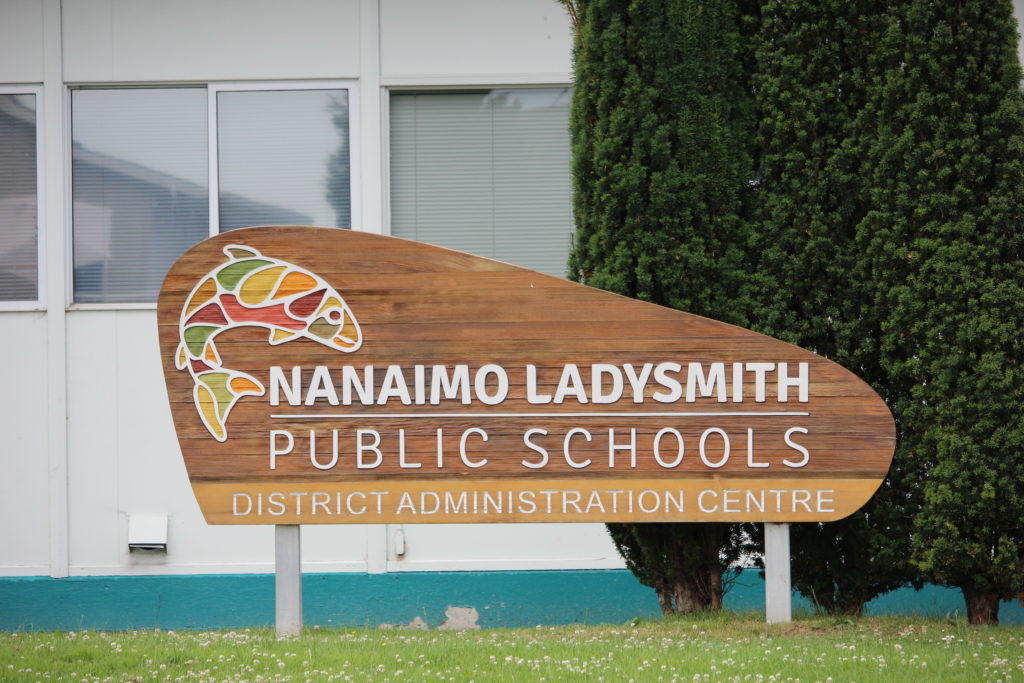
Funding for a zero waste partnership between the Regional District of Nanaimo and area school districts has been secured for up to five years following a recent decision from the RDN’s board of directors.
Directors voted unanimously to enter into a three-year contract, with the possibility of two one-year extensions, with Nanaimo Ladysmith Public Schools and Qualicum School District on their zero waste school education program, which has been running at select schools for two-and-a-half years.
The agreement provides $70,000 annually to the program, which involves students and teachers in selected schools learning ways to reduce waste as well as implementing practices such as conducting waste audits, purchasing vermicomposters and introducing source separation.
The RDN’s 10-year solid waste management plan directs $70,000 annually to school-based zero waste education. Had the funding not gone to the school districts’ program it could have been allocated elsewhere.
Shelley Gjovich, NLPS learning coordinator, said the school districts’ request for a multi-year agreement would allow for greater capacity to plan for expansion of the project.
In the past school year, 17 schools were involved in the program, including nine in NLPS. Schools in the second year of the program acted as mentor schools to freshman participants. Nanaimo District Secondary School was one of the new participants in 2021-22. The school’s activities included purchasing and installing four-part sorting stations with signage, making beeswax wraps and purchasing reusable tablecloths. From installation, the new sorting stations had little contamination, Gjovich noted.
The program takes an inquiry-based approach in order to encourage long-term uptake in zero waste practices, Gjovich explained.
“This could look like testing students understanding about what materials go where in the source separation bins, it could be tracking lunches to see what materials were being brought into schools or it could be more belief-based. This year we saw schools collect data across all of these categories, and what is clear is how important it is to target student understanding, beliefs and behaviour in order to make lasting change.”
Waste disposal systems are not uniform across the school district, Gjovich said. “There are schools, such as Gabriola Elementary and Departure Bay Eco School, that have been on this journey for quite some time and have many amazing systems and structures in place.
“One of the hopes of this program is to eventually reach all of our schools with an education program and the required infrastructure so that there is consistency from schools in terms of waste disposal, but also that this consistency includes a real focus on diverting waste from the landfill.”
Rachelle Stein-Wotten/Local Journalism Initiative Reporter/The Canadian Press




